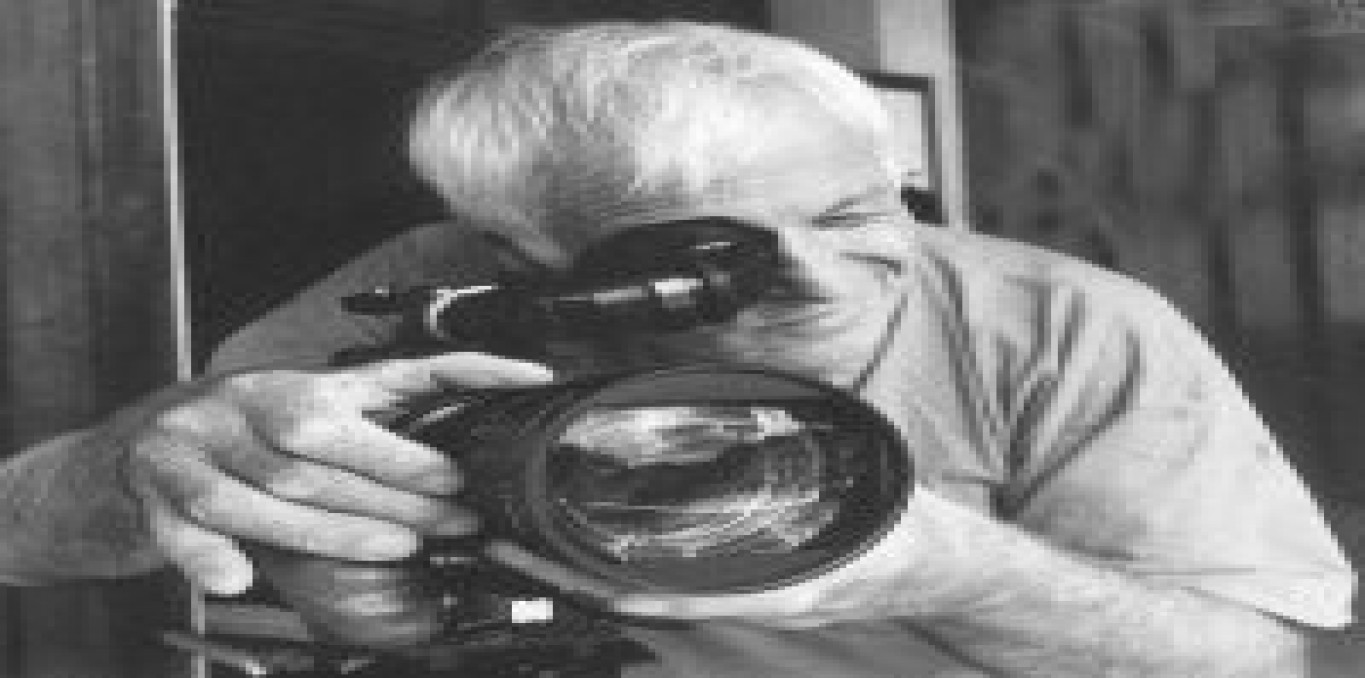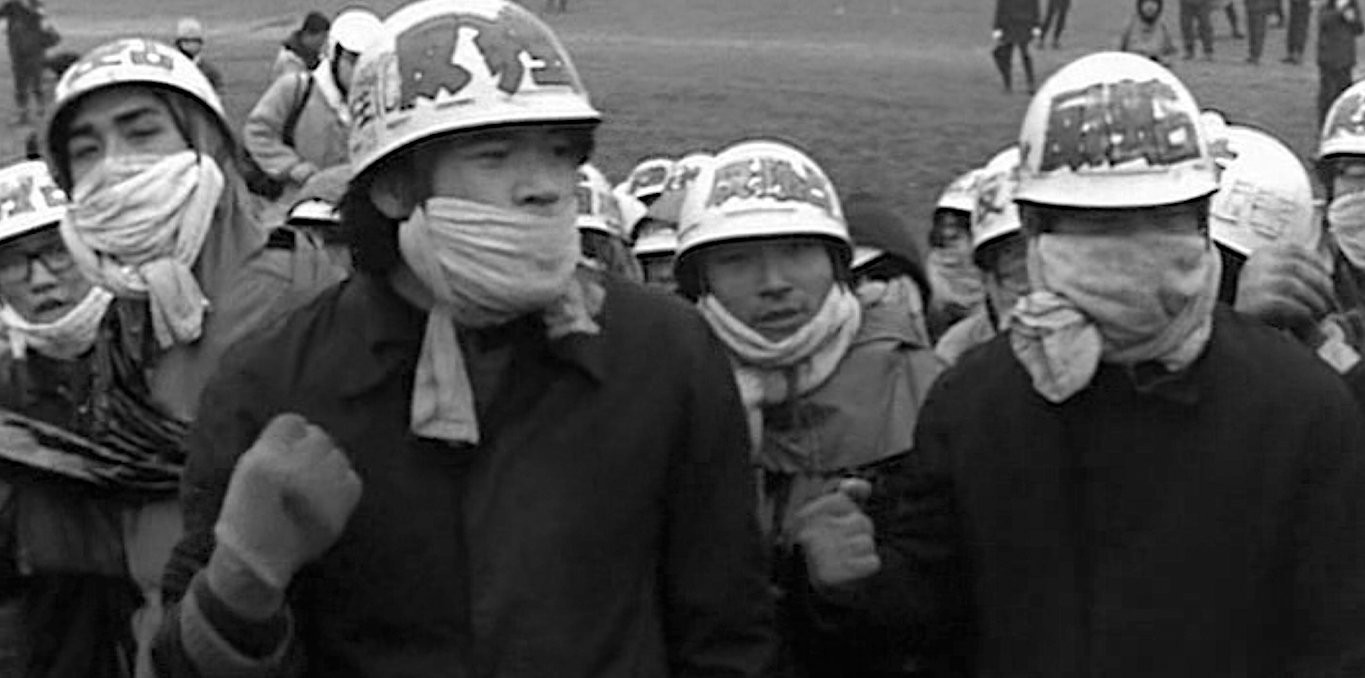Yann Le Masson

Yann Le Masson (1930–2012) was a French documentary filmmaker and cinematographer, born in Brest. The son of a naval officer, he spent his childhood in various port cities (Brest, Vannes, Toulon, Dakar). After studying mathematics and electrical engineering, he entered the Louis-Lumière film school in 1953, then the IDHEC, from which he graduated as a cinematographer in 1955. Serving as a paratrooper officer during the Algerian War, he was profoundly marked by this experience, which shaped his commitment against colonialism and social injustice. From early on, he used cinema as a tool for political struggle, notably with J’ai huit ans (1961), co-directed with Olga Poliakoff. A militant filmmaker, he directed around ten documentaries, including Sucre amer (1963), Kashima Paradise (1973, co-directed with Bénie Deswarte), and Regarde, elle a les yeux grands ouverts (1980). In 1975, he joined Les Films Grain de sable, a militant production collective. In parallel, he pursued a career as a cinematographer and teacher. His entire body of work, driven by an ethical and political rigor, seeks to give voice to collective struggles and to the oppressed.
Related to this realisator

Kashima Paradise
Subscription access
Around 1970, between Kashima and Tokyo, the Narita Airport was under construction. Local farmers refused to sell their land and confronted the riot police sent to evict them. Through these symbolic sites of Japan’s modernization, _Kashima Paradise_ offers a sociological portrait of a nation and reveals how ancestral traditions were exploited by capitalism to accelerate social and political chan...

Kashima Paradise
Subscription access
Around 1970, between Kashima and Tokyo, the Narita Airport was under construction. Local farmers refused to sell their land and confronted the riot police sent to evict them. Through these symbolic sites of Japan’s modernization, _Kashima Paradise_ offers a sociological portrait of a nation and reveals how ancestral traditions were exploited by capitalism to accelerate social and political chan...
